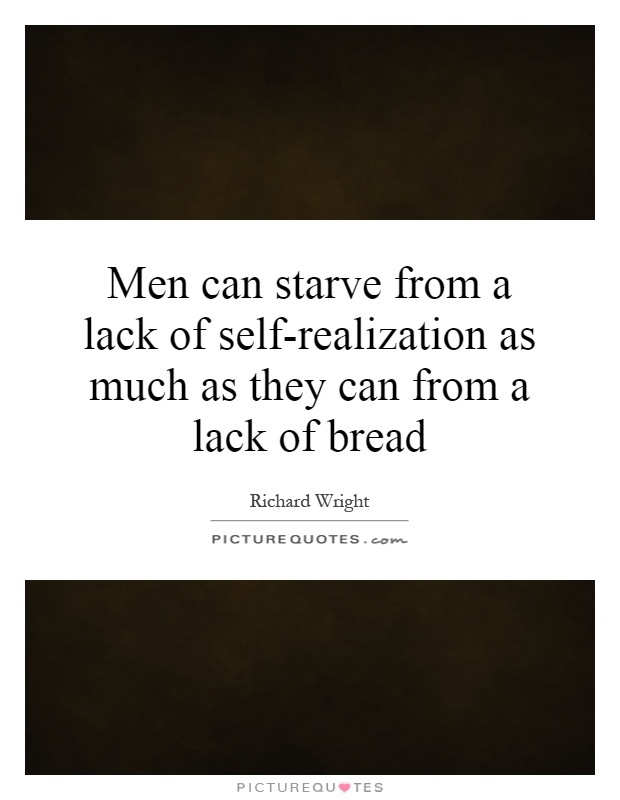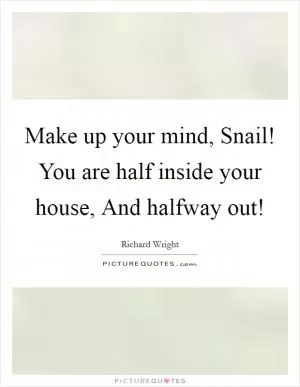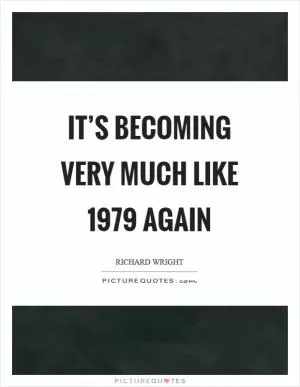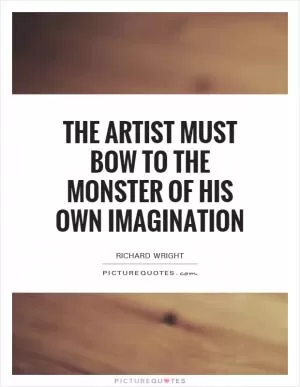Men can starve from a lack of self-realization as much as they can from a lack of bread

Men can starve from a lack of self-realization as much as they can from a lack of bread
Richard Wright, a prominent African American author known for his works exploring the struggles of black Americans in a racist society, understood the importance of self-realization for men. In his novel "Native Son," Wright delves into the life of Bigger Thomas, a young black man living in poverty in Chicago during the 1930s. Bigger's lack of self-realization ultimately leads to his downfall, highlighting the profound impact that a lack of self-awareness can have on an individual's life.Wright's statement that "men can starve from a lack of self-realization as much as they can from a lack of bread" speaks to the idea that without a true understanding of oneself and one's place in the world, a person can suffer just as much as they would from physical hunger. In the case of Bigger Thomas, his inability to fully comprehend his own desires, fears, and motivations leads him to make destructive choices that ultimately result in tragedy.
Throughout "Native Son," Bigger struggles to make sense of his place in a society that devalues him because of his race. He is filled with anger and resentment towards the white people who oppress him, but he is also deeply conflicted about his own identity and his role in the world. Bigger's lack of self-realization prevents him from seeing the possibilities for change and growth in his own life, trapping him in a cycle of violence and despair.
Wright's exploration of Bigger Thomas's journey towards self-realization serves as a powerful reminder of the importance of understanding oneself in order to navigate the complexities of the world. Without a clear sense of who we are and what we want, we are vulnerable to the forces that seek to control and manipulate us. Just as a lack of bread can lead to physical starvation, a lack of self-realization can lead to spiritual and emotional starvation, leaving us adrift and disconnected from our true selves.












 Friendship Quotes
Friendship Quotes Love Quotes
Love Quotes Life Quotes
Life Quotes Funny Quotes
Funny Quotes Motivational Quotes
Motivational Quotes Inspirational Quotes
Inspirational Quotes